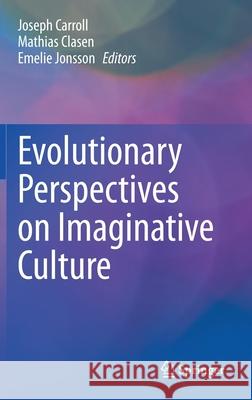Evolutionary Perspectives on Imaginative Culture » książka
topmenu
Evolutionary Perspectives on Imaginative Culture
ISBN-13: 9783030461898 / Angielski / Twarda / 2020 / 423 str.
Evolutionary Perspectives on Imaginative Culture
ISBN-13: 9783030461898 / Angielski / Twarda / 2020 / 423 str.
cena 563,56
(netto: 536,72 VAT: 5%)
Najniższa cena z 30 dni: 539,74
(netto: 536,72 VAT: 5%)
Najniższa cena z 30 dni: 539,74
Termin realizacji zamówienia:
ok. 16-18 dni roboczych.
ok. 16-18 dni roboczych.
Darmowa dostawa!
Kategorie:
Kategorie BISAC:
Wydawca:
Springer
Język:
Angielski
ISBN-13:
9783030461898
Rok wydania:
2020
Wydanie:
2020
Ilość stron:
423
Waga:
0.78 kg
Wymiary:
23.39 x 15.6 x 2.39
Oprawa:
Twarda
Wolumenów:
01
Dodatkowe informacje:
Wydanie ilustrowane











